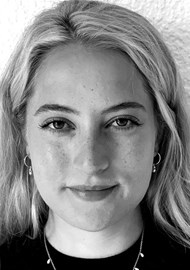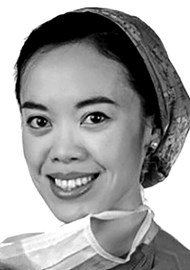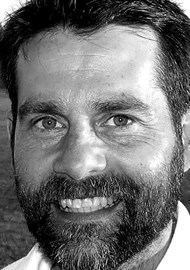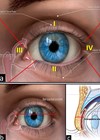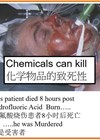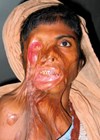The COVID-19 pandemic has affected the work of doctors worldwide, with surgical resources being diverted and non-emergency surgeries postponed. With surgical activity at 33.6% of expected levels in 2020, this sudden, vast decrease in surgical activity may have granted some surgeons an invaluable period of time which they otherwise would not have had [1]. Surgical trainees in demanding specialties requiring an active research portfolio may have used this to augment their academic work.
Plastic surgery is a particularly competitive specialty, with competition ratios for National Training Numbers (NTN) greater than 5:1 in 2022, compelling trainees to continually develop both their surgical skills and academic portfolios by presenting work at conferences and publishing [2]. Similarly, once on the registrar training pathway trainees must evidence their ‘capabilities in research and scholarship’ throughout their training which is deemed an essential activity in the plastic surgery curriculum [3]. Academia, continual personal development of research skills and implementing evidence-based methods, processes and techniques are vital for progressive plastic surgery practice and helps to develop critical thinking [4,5]. Welsh trainees are afforded half a day per week protected research time; implementing this across the UK could be a major step towards achieving this academic development for all trainees.
This competitive nature of burns and plastic surgery therefore requires careful time management to maintain the required academic output. The sharp decrease in surgical workload during the COVID-19 pandemic may have been beneficial to plastic surgery trainees by providing them with an increased capacity to undertake academic work and present research more frequently due to a vast increase in conferences being held online amongst other contributing factors.
This cross-sectional study provides insight into the academic output of Welsh plastic surgery trainees during and before the COVID-19 pandemic, which can be used to highlight the factors contributing to their ability to undertake academic projects and how these aspects may be used to benefit future training.
Methods
A cross-sectional study was designed and distributed to all Welsh burns & plastics trainees from specialty trainee (ST) level 3-8 including those on fellowships or time out of programme for research (OOPR) in 2021. Data was obtained comparing various measures of academic output during a pre-pandemic period, 1 March 2019 to 31 August 2019 and mid-pandemic period, 1 March 2020 to 31 August 2020.
Outcomes
Outcomes measured included the number of academic projects undertaken, abstract submission count and publications achieved pre- and mid-COVID-19 pandemic. Other information ascertained included the number of trainees on the Wales Clinical Academic Track (WCAT) and free text answers in response to the questions ‘Has COVID-19 affected your ability to produce academic work, and if so, how?’ and ‘Any other factors affecting your academic output during the pandemic?’.
Results
Demographics
Overall, nine out of the twelve trainees responded to the survey (75%) and of these, three (33.3%) were on the WCAT. Representation from all training years was received.
Comparison of activity
Mid-pandemic, an average of three publications were achieved compared with 1.4 pre-pandemic. Seventy-eight percent submitted abstracts during both periods, increasing from 1.5 to 2.44 mid-pandemic. Although the average number of projects undertaken pre- and mid-pandemic was 3.2 and 3.1 respectively, the number of trainees undertaking projects increased by 22% to 100% (Figure 1).
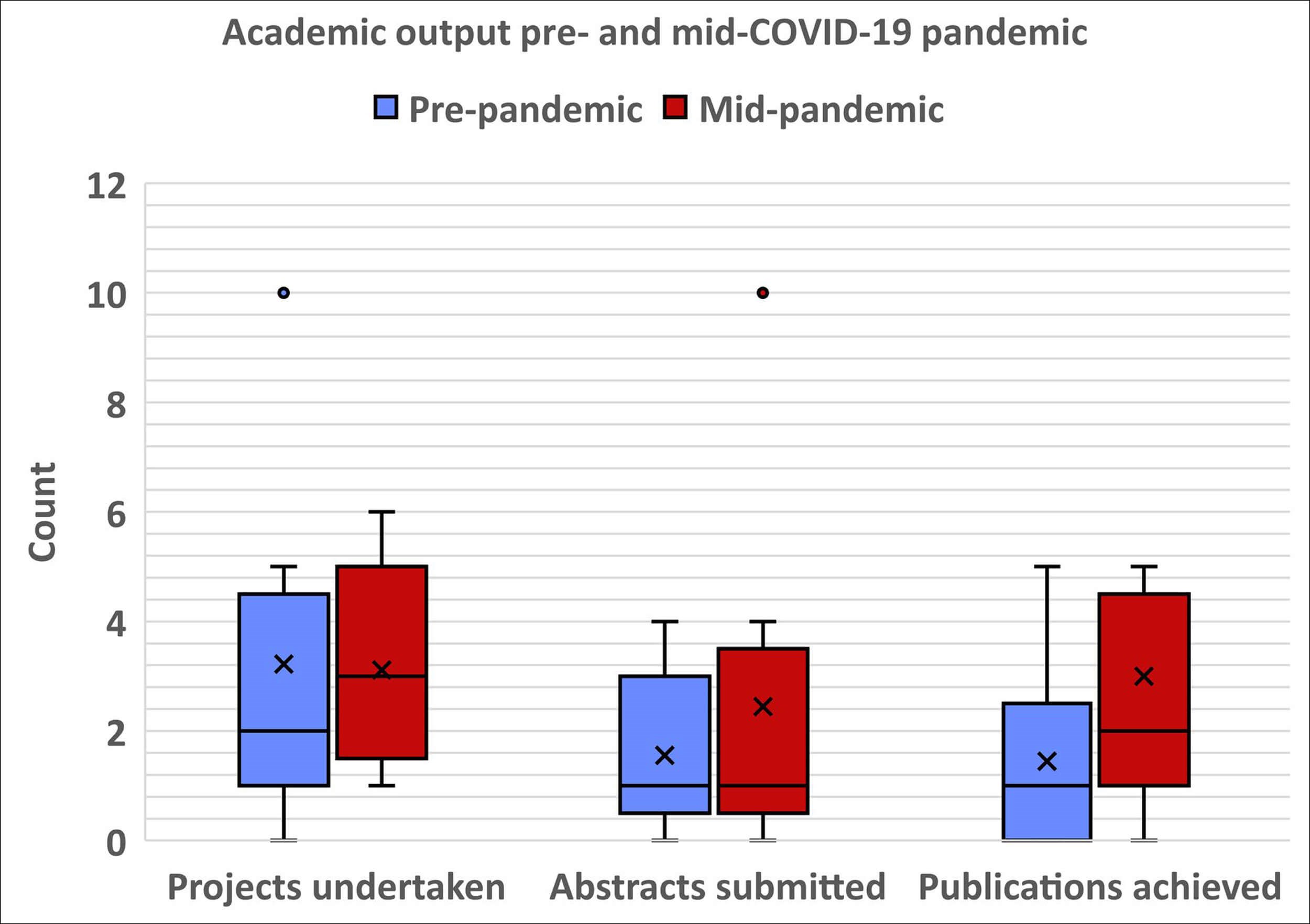
Figure 1: Box and whisker chart showing academic output by burns and
plastics trainees during the pre- and mid-COVID-19 pandemic periods.
Discussion
This study presents a unique insight into the academic output of Welsh plastic surgery trainees during the COVID-19 pandemic and how this compares with the pre-pandemic period.
This cross-sectional study has found that the overall volume of academic output by the Welsh burns and plastic surgery trainees increased substantially during the COVID-19 pandemic. This may be partially explained by the decreased number of surgical procedures with over 1.5 million being postponed or cancelled in England and Wales during 2020 and an estimated 28.4 million elective operations being cancelled globally [1,6]. This sudden, vast reduction in procedures resulted in trainees having reduced exposure to outpatient clinics, multidisciplinary meetings and elective operations. Many training opportunities were lost, with one study finding that 69.5% of all UK and ROI surgical trainees reported a loss of elective procedure training opportunities which constitute a significant proportion of plastic surgery operations [7,8].

The rate of projects undertaken remained at a steady state, however a significant increase in abstract submissions and publications was evident. A review of eLogbooks contrasting 2019 and 2020 found a 50% reduction in operations where trainees were the primary operating surgeon and one study found that in 2020 the volume of surgical activity in England and Wales was 33.6% lower than expected [1,9,10]. Semi-urgent and elective surgery accounted for most of this deficit at 38.6%, and the frequency of emergency surgery was also significantly affected with a reduction of 13.4% [1].
The prevailing theme when the burns and plastic trainees were asked how their ability to produce academic work had been affected was an increase in capacity, although two trainees did not find that COVID-19 had affected their ability to produce work. Responses indicating the former included “COVID augmented my ability to publish some outstanding work because we had more time on our hands!”, “increased capacity” and “more time to pursue academic work”. Interestingly, one trainee did note that they “had more time to complete work although some projects ongoing” which may be a contributing factor across all trainees, dependant on how many academic projects they were undertaking when each period being surveyed commenced. One of the two trainees who did not find the pandemic to be a factor contributing to their ability to produce an increased amount of work stated that they “probably did more, just more focused on COVID”. In future studies it may be interesting to investigate how many additional projects during the pandemic related to COVID-19 as it is conceivable that any increases may relate to this as it was introduced as a contemporary new research topic in 2019 [11].
The Joint Committee on Surgical Training certification guidelines for plastic surgery states that trainees must regularly publish, present or undertake higher degrees in order to demonstrate critical appraisal and research skills. At least one piece of evidence must be shown per year of training and the trainee must be first author of at least two pieces of work [3]. Pre COVID-19, a systematic review estimated burnout amongst plastic surgery trainees to be 36% [12]. Although this study has found a commendable increase in academic output, with such intense training programmes, research requirements, and outcome-based curriculums it is important to remember to take steps to ensure trainees do not suffer from burnout particularly as elective surgery resumes and workloads increase once again [13].
Greater capacity for academic work may not be seen across other surgical specialties. One study found that 41% of trainees were redeployed, and that educational opportunities such as study leave were cancelled for 72% of respondents [7]. Further studies could investigate whether this was linked to fewer plastic surgery trainees being redeployed when compared to other specialties. COVID-19 has been shown to have substantial negative effects on training as a whole. The findings of this study may demonstrate a welcome benefit of the increased capacity trainees found themselves with as it can be challenging to maintain a high, good quality academic workload during surgical training. Overall, this study shows that academic output increased in almost all outcomes measured and that trainees’ academic achievements were predominantly bolstered by an increase in time, most likely due to decreased operating time.
Conclusion
This is the first cross-sectional study providing insight into how the COVID-19 pandemic affected the academic output of Welsh plastic surgery trainees. With over 1.5 million surgical procedures being cancelled due to COVID-19 [1], academic activity of these trainees increased with a 63% and 114% increase in paper or abstract submissions and publications respectively.
Trainees who weren’t redeployed, gaining more time, were able to better complete ongoing work. Welsh trainees are afforded half a day per week dedicated to research. Should this be more widely implemented? This could be a major step towards improving research, evidence-based methods and critical thinking skills of trainees which is crucial to progressive plastic surgery practice [4].
TAKE HOME MESSAGE
-
COVID-19 positively affected the academic output of plastic surgery trainees.
-
The rate of projects undertaken remained at a steady state, however a significant increase in abstract submissions and publications was evident.
-
Dedicated research time could be a major step towards improving research, evidence-based methods and critical thinking skills of trainees which is crucial to progressive plastic surgery practice.
-
Burn-out was shown to be up to 36% pre-COVID-19, and with a requirement of at least one piece of research evidence to be demonstrated per year of training, an increase in protected research time may be welcome.
References
1. Dobbs TD, Gibson JAG, Fowler AJ, et al. Surgical activity in England and Wales during the COVID-19 pandemic: a nationwide observational cohort study. British Journal of Anaesthesia 2021;127(2):196-204.
2. Opel S, Ghani Y, Branford O. The insider’s guide to obtaining a national training number in plastic surgery. The Bulletin of the Royal College of Surgeons of England 2014;96(9):e1-5.
3. Joint Committee on Surgical Training. Certification Guidelines for Plastic Surgery 2017
https://www.jcst.org/quality-assurance/
certification-guidelines-and-checklists/
[Last accessed 1 December 2022].
4. McKee RF. The Intercollegiate Surgical Curriculum Programme (ISCP). Surgery 2008;26:411-16.
5. Al-Taha M, Al Youha S, Al-halabi B, et al. Barriers and Attitudes to Research Among Residents in Plastic and Reconstructive Surgery: A National Multicenter Cross-Sectional Study. Journal of Surgical Education 2017;74(6):1094-104.
6. Nepogodiev D, Omar OM, Glasbey JC, et al., Elective surgery cancellations due to the COVID-19 pandemic: global predictive modelling to inform surgical recovery plans. British Journal of Surgery 2020;107(11):1440-9.
7. Group CSCS. COVID-19 impact on Surgical Training and Recovery Planning (COVID-STAR) - A cross-sectional observational study. International Journal of Surgery 2021;88:105903.
8. Jahromi AH, Arnautovic A, Konofaos P. Impact of the COVID-19 pandemic on the education of plastic surgery trainees in the United States. JMIR Medical Education 2020;6(2):e22045.
9. Joint Committee of Surgical Training. Maximising training: making the most of every training opportunity.
https://www.jcst.org/key-documents/
[Last accessed 1 December 2022].
10. Munro C, Burke J, Allum W, Mortensen N. Covid-19 leaves surgical training in crisis. The BMJ 2021;372:n659.
11. Linz D, Dobrev D. A disproportional rise in the growing submission rate to International Journal of Cardiology Heart & Vasculature during the COVID‑19 pandemic. IJC Heart and Vasculature 2021;33:100749.
12. Ribeiro RVE, Martuscelli OJD, Vieira AC, Vieira CF. Prevalence of burnout among plastic surgeons and residents in plastic surgery: A systematic literature review and meta-analysis. Plastic and Reconstructive Surgery - Global Open 2018;6(8):e1854.
13. Fell M, Staruch R, Baker BG, et al. Plastic surgery training in the UK: Results from a national survey of trainee experiences. JPRAS Open 2020;25:72-82.
Declaration of competing interests: None declared.
COMMENT FROM ANDREW BURD, CO-EDITOR
I always encourage trainees to submit research papers to The PMFA Journal. It is good for us to have an insight into the world of trainees but also to enable us to give some constructive feedback.
Claire McGregor and her co-authors have presented the resuls of a numerical audit of research activity during the COVID-19 pandemic. Being from a specialty that was not redeployed it meant the trainees had more time on their hands. Indeed Welsh trainees are allocated a half day per week to ‘research’. I use the quotes because I have been there before and whilst some research can come in half-day intervals, the reality is that the mind which has to deal with the research is not so conveniently compartmentalised. Research is a discipline, it is an inspiration, it is an awesome process of discovery and like so many things, you get out of research what you put into it.
This paper illustrates the difference between quantitative and qualitative research. You must appreciate the difference. In the UK think of the GCSE exams. What is more important? The number of passes or the grades of pass?
So, this study indicates that with more time the trainees submitted more abstracts and had more publications. What I would like to know is whether there is any evidence that the quality of study and publication was better than the historical controls? Is there any evidence that the pandemic influenced some publications? For example, we know there was an increased number of COVID-19 related publications in many journals.
In summary, well done, but do not stop there. I would not rush off to the trainee programme organisers just yet but get a little more evidence to support your case. Think qualitative data.
COMMENTS ARE WELCOME



